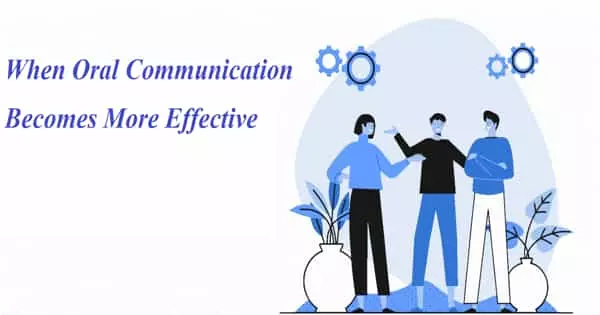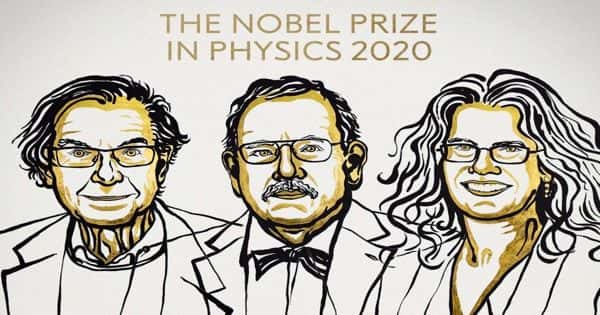Oral communication is the most common type of written communication. Nothing but words come out of our mouths to convey a message or idea through sound. Face-to-face discussions, presentations, intercom, messages delivered on phones, telephonic conversations, radio, transistor, skyping or video chatting, speeches, interviews, and so on are all forms of verbal communication.
Oral communication is more effective when establishing a direct relationship, keeping secrets, reaching mutual understanding, and avoiding complexities with oral consent. It is effective most of the time. But there is some moment when the use of oral communication becomes more effective which is described below:
- Immediate response
Feedback is essential for effective communication. Oral communication is preferable when an immediate response is required. It is more useful when you need to communicate with someone right away.
- Oral explanation
If any instruction or method of doing a job requires more discussion, oral communication is the best way to accomplish this. If a manager’s directive or a company policy or procedure needs to be explained, oral communication is the best way to do so.
- Secrecy:
The contents of the message can be kept private between the sender and the receiver of the message in the case of oral communication. It is best used when information must be kept private. Except for these two people, no one can decipher the message. As the message passes from hand to hand, written communication leaks secrecy. Furthermore, because oral communication messages are not recorded, there is no risk of losing a message.
- Illiterate Receiver
If the receivers are illiterate, written communication is completely inappropriate. Written communication has no meaning when the recipients are illiterate. In that case, oral communication is the most effective method of informing the receiver. As a result, it is only one method of communicating with them.
- Value of Time
If there isn’t enough time to exchange a message, oral communication may be the best option for communicating between the communicator and the communicatee.
- Avoiding Delay
Wasted time in communication makes the situation unreachable. Oral communication should be used instead of written communication to avoid delays caused by bureaucracy or red tape. Because oral communication takes less time than other forms of communication, it is preferable to use it.
- Direct Relations
Oral communication is more useful when a communicator wishes to make direct contact with the communication. Oral communication should be used to establish a direct relationship between sender and receiver, or between workers and management.
- Developing Relation
One of the most effective ways to improve personal or social relationships is through oral communication. Both the sender and the receiver can share their ideas or opinions, among other things, without any formalities.
- Large gathering
Oral communication is the most effective medium for conveying any message or information to a large group of people. Sometimes an open discussion is required to reach a decision. Only oral communication allows for such a discussion.
















